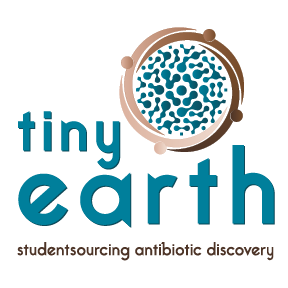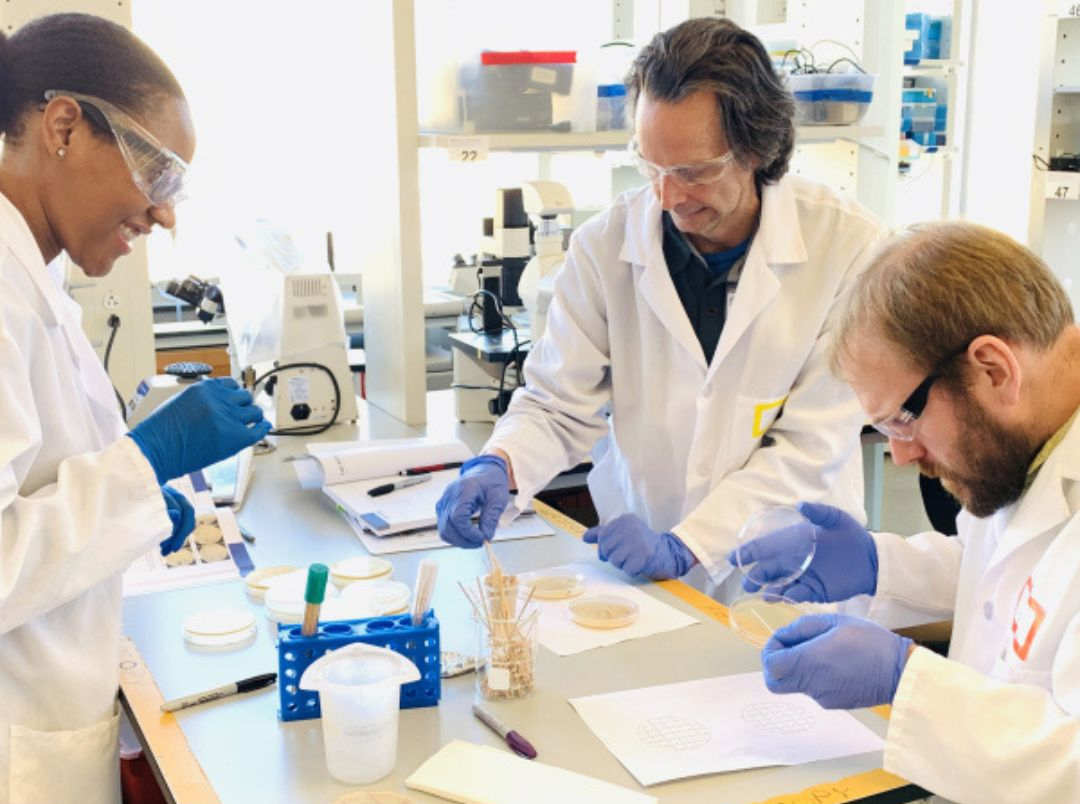Twenty-seven science teachers from across Wisconsin and the United States are joining the push to mitigate one of the most critical public health crises facing the world: antibiotic resistance. The instructors from universities, community and technical colleges, and tribal colleges are taking part in a week-long training to become partner instructors in the Tiny Earth program, an initiative founded by University of Wisconsin–Madison professor Jo Handelsman with a two-fold mission: to encourage students to pursue careers in science through real-world applicable laboratory and field research in introductory courses, and to address a worldwide health threat – the diminishing supply of effective antibiotics – by tapping into the collective power of many student researchers concurrently tackling the same challenge, living up to Tiny Earth’s motto, “studentsourcing antibiotic discovery.”
To achieve these goals, Tiny Earth leverages a network of partner institutions where instructors learn the curriculum and integrate the research protocols in their lab-based courses at universities, colleges, and high schools. Tiny Earth’s student scientists, many of them experiencing the scientific method in action for the first time, hunt for novel antibiotic organisms in soil samples. It’s a global and growing network—in 2018, the program added more than 50 new partner institutions. The community of instructors now encompasses 15 countries and 45 US states.
From January 7-11, 2019, instructors from institutions across the US are attending an intensive five-day training hosted at the Wisconsin Institute for Discovery in UW–Madison’s Discovery Building. The new instructors are part of Tiny Earth’s commitment to engage schools, departments, colleges, and aspiring scientists across the globe. “The training brings together instructors from across Wisconsin and the country, enlisting students from all walks of life and types of colleges and universities in Tiny Earth’s collective mission to ‘studentsource’ the discovery of new antibiotics,” says Tiny Earth Executive Director Sam Rikkers.


